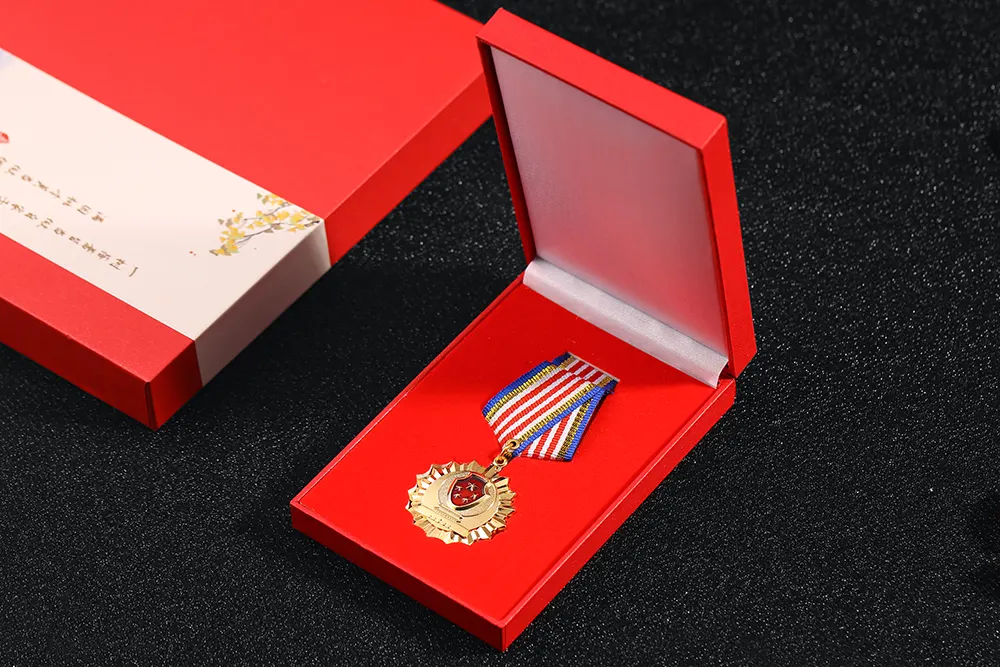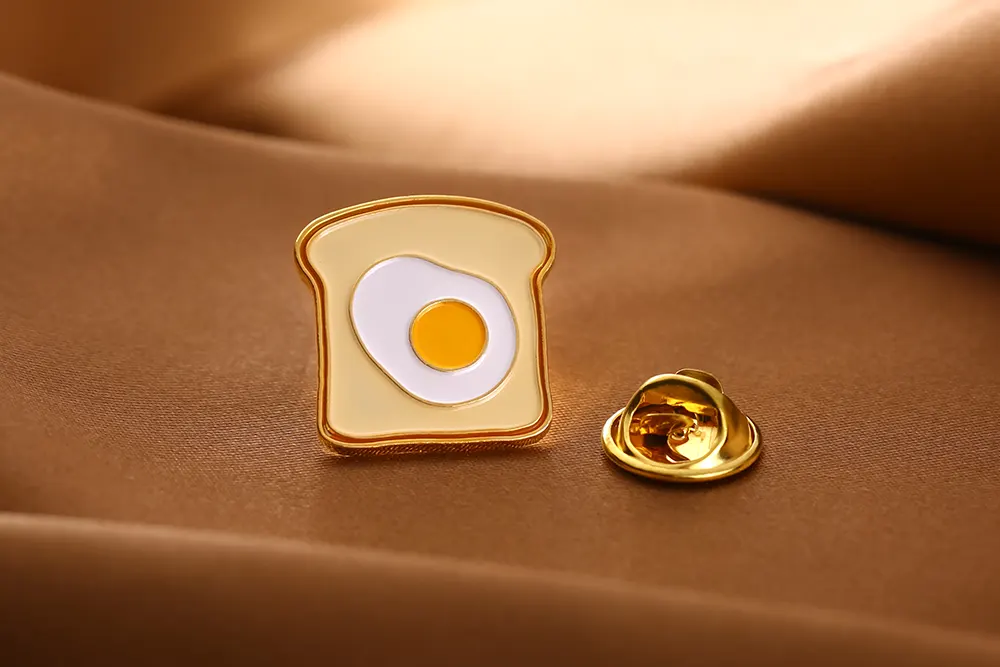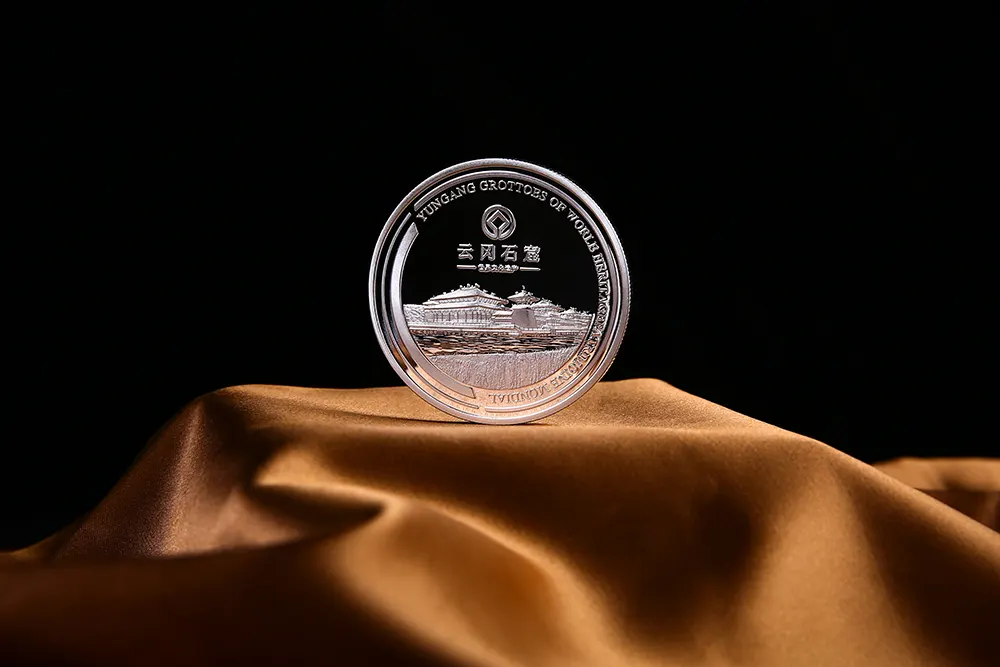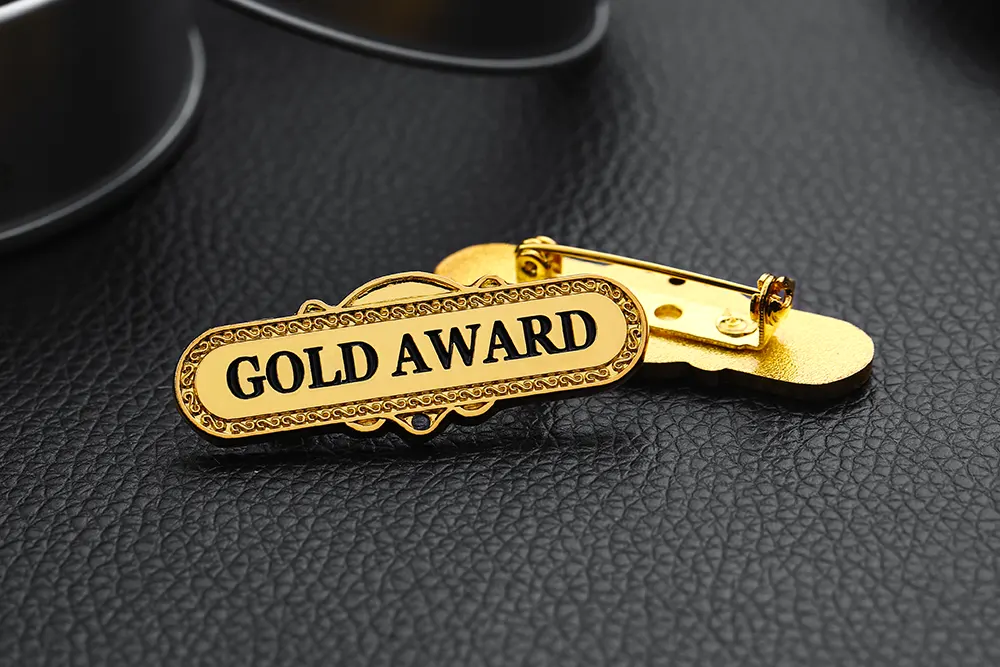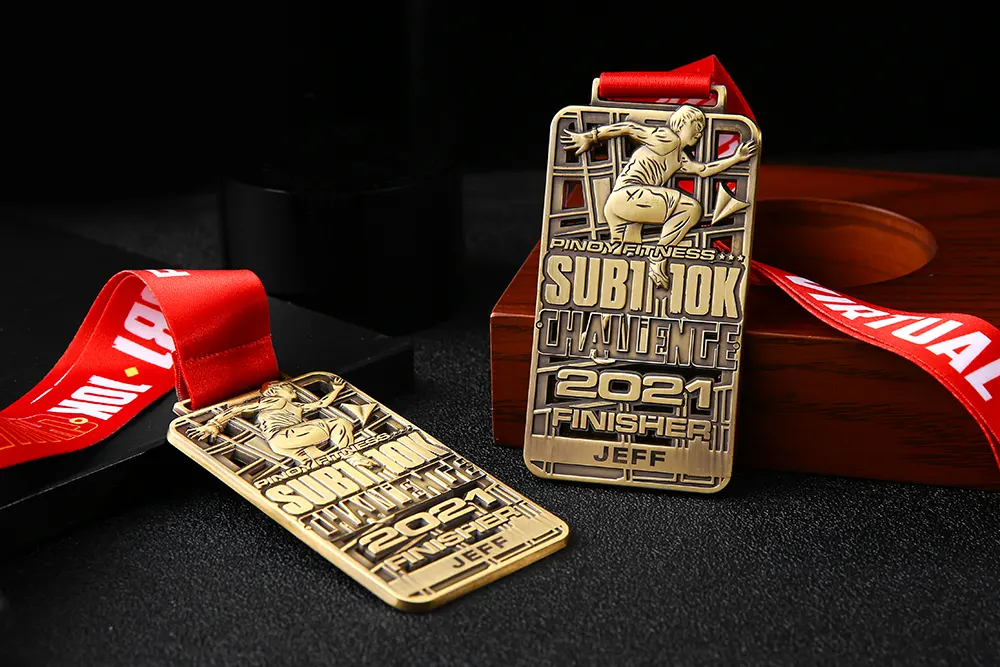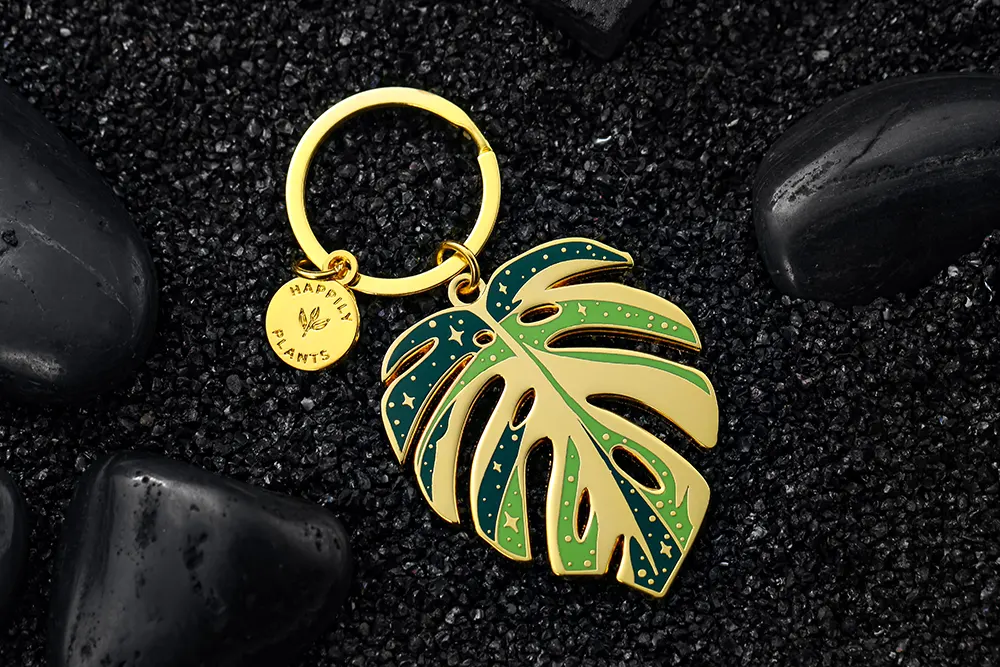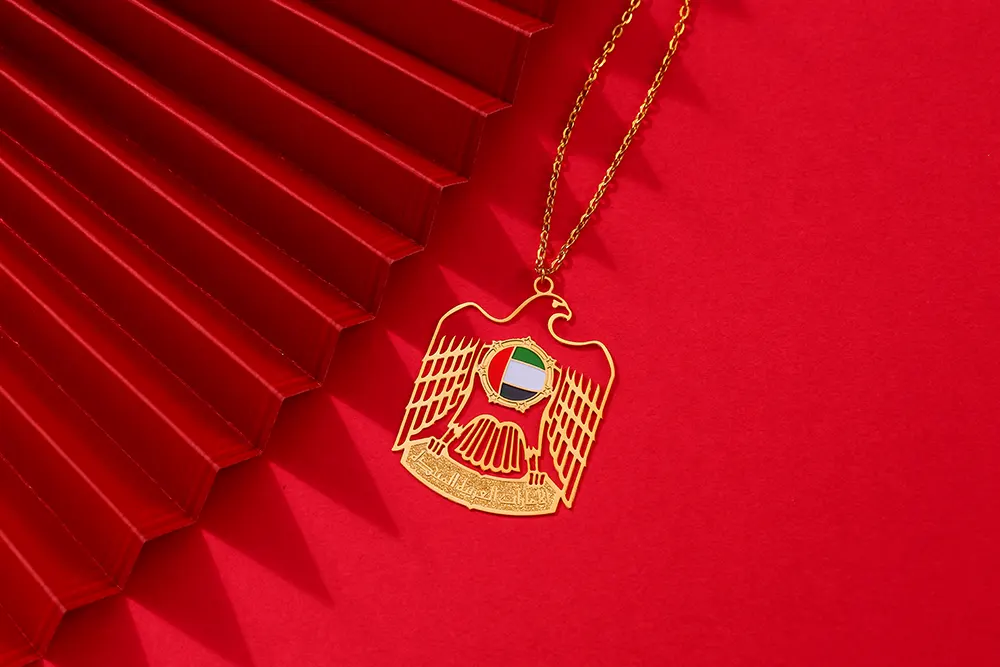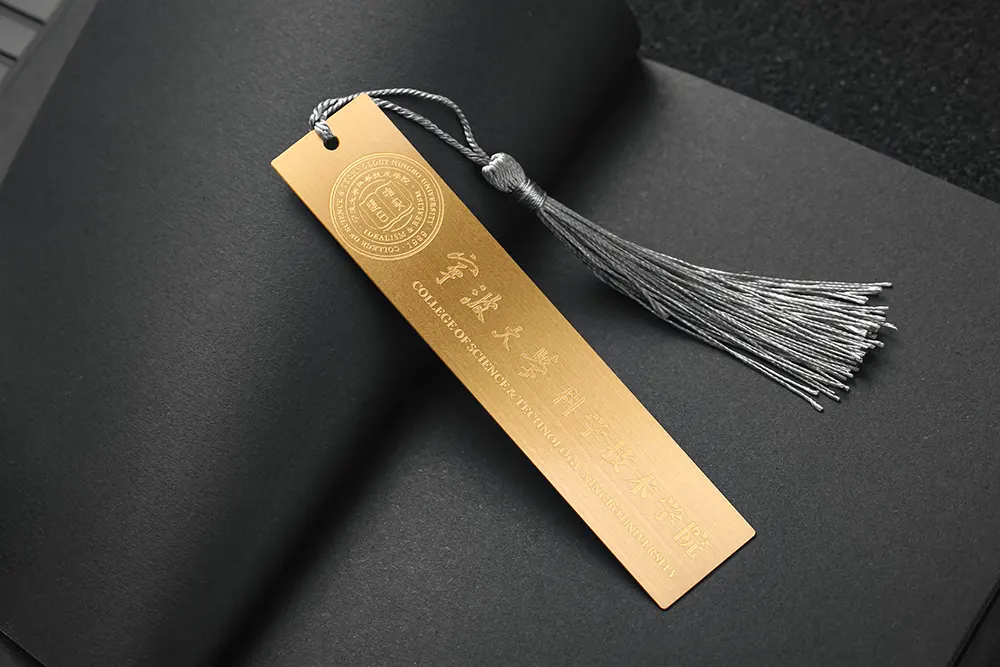When standard trophies and generic awards fall short of capturing the true spirit of an achievement, bespoke medals offer a meaningful alternative. Custom-designed medals transform ordinary recognition into memorable keepsakes that recipients treasure for years to come.
What Are Bespoke Medals?
Bespoke medals are custom-designed awards created specifically for an event, organization, or occasion. Unlike mass-produced medals purchased from catalogues, these unique pieces reflect the specific values, branding, and significance of the achievement they commemorate. From corporate milestones to charity fundraisers, bespoke medals serve as tangible symbols of accomplishment tailored to their purpose.
The term “bespoke” originates from tailoring, where garments are made to measure for individual clients. This same philosophy applies to custom medal creation—each piece is crafted according to specific requirements, ensuring no two designs are identical unless intentionally replicated.
Why Choose Custom Medals Over Standard Options?
Generic medals might save time initially, but they lack the personal connection that makes awards truly meaningful. Custom medals communicate that an organization values its participants enough to invest in something unique. Recipients immediately recognize the difference between a catalogue item and something designed specifically for them.
For brand recognition, bespoke medals incorporate logos, colors, and design elements that reinforce organizational identity. When participants share photos of their awards on social media or display them at home, these custom pieces become ambassadors for the event or organization. Standard medals simply cannot achieve this level of impact.
The perceived value of custom awards also enhances participant motivation. Runners who receive a beautifully designed medal reflecting their marathon’s unique character feel more connected to the event. Corporate employees honored with medals featuring company values and personalized details experience deeper recognition of their contributions.
Materials and Manufacturing Techniques
The choice of materials significantly impacts both appearance and durability. Zinc alloy remains the most popular option for bespoke medals due to its excellent detail retention and cost-effectiveness. This material accepts intricate designs while maintaining structural integrity, making it ideal for complex artwork or fine text.
Bronze, silver, and gold-plated medals offer traditional elegance suited to prestigious awards. These materials convey gravitas appropriate for significant achievements or commemorative purposes. Many organizations choose different metal finishes to distinguish between achievement levels—gold for first place, silver for second, and bronze for third.
Modern manufacturing also embraces alternative materials. Acrylic medals provide lightweight, contemporary aesthetics with vibrant color options. Wooden medals appeal to eco-conscious organizations seeking sustainable alternatives. Some designers even incorporate mixed materials, combining metal with enamel inlays, gemstones, or fabric ribbons for distinctive effects.
Manufacturing techniques vary based on design complexity. Die-struck medals involve pressing metal between engraved dies, producing raised and recessed areas ideal for classical designs. Cast medals allow more three-dimensional forms but require longer production times. Printed medals use modern digital techniques for photographic quality images and unlimited color options.
The Design Process: From Concept to Creation
Creating bespoke medals begins with understanding the medal’s purpose and audience. Effective designers ask detailed questions about the event, achievement, or milestone being commemorated. What emotions should the medal evoke? Who will receive it? How will it be displayed? These answers guide every design decision.
Initial concepts typically emerge as sketches or digital mockups. Clients review these proposals and provide feedback, leading to refinements. This collaborative process ensures the final design aligns with expectations while benefiting from professional expertise. Most reputable medal manufacturers include several revision rounds in their service.
Design elements require careful consideration. The medal shape itself communicates meaning—traditional circles suggest timelessness, stars indicate excellence, while custom shapes can reflect specific themes. Text placement must balance readability with aesthetic appeal, ensuring names, dates, and descriptions integrate harmoniously with visual elements.
Color selection through enamel or printing adds dimension and visual interest. Hard enamel creates smooth, durable finishes ideal for bold colors, while soft enamel produces textured surfaces with a classic appearance. Transparent or translucent enamels can create sophisticated effects when applied over textured metal surfaces.
Popular Applications for Custom Medals
Sporting events represent perhaps the most common application for bespoke medals. Marathon organizers commission unique designs featuring local landmarks or race routes. School sports days create medals celebrating house colors and mascots. These prized possessions that participants display with pride, often inspiring continued participation in future events.
Corporate recognition programs increasingly turn to bespoke medals for milestone celebrations. Twenty-five-year service awards, sales achievements, and project completions gain significance when commemorated with thoughtfully designed medals. These tangible acknowledgments of contribution foster employee loyalty and workplace culture more effectively than certificates alone.
Academic institutions award custom medals for scholastic achievement, graduation honors, and competition victories. University degrees often come with specially designed medals reflecting institutional heritage and values. Academic medals frequently incorporate traditional symbols like laurel wreaths, books, or torches alongside contemporary school branding.
Charitable organizations create memorable medals for fundraising events, transforming participants into advocates. When someone runs a 10K for cancer research and receives a beautifully designed medal, that piece tells a story. It prompts conversations, raises awareness, and often inspires donations from others moved by both the cause and the tangible symbol of commitment.
Military and emergency services rely on bespoke medals for commendations, campaign recognition, and ceremonial purposes. These medals carry deep significance, representing courage, dedication, and service. The design process for such medals demands particular attention to tradition, symbolism, and dignity.
Sourcing Bespoke Medals in the UK
The United Kingdom hosts numerous specialized manufacturers offering custom medal services. Many established companies possess decades of metalworking heritage, combining traditional craftsmanship with modern technology. When selecting a supplier, several factors deserve consideration beyond price alone.
Production capacity matters for large orders with tight deadlines. Reputable suppliers maintain transparent timelines, typically requiring four to eight weeks for custom orders depending on complexity. Rush services often exist for urgent requirements, though at premium prices. Planning events well in advance allows more flexibility in design refinement and cost management.
Minimum order quantities vary between suppliers. Some manufacturers specialize in small batches for boutique events, while others focus on large-scale production. Understanding these minimums helps match the right supplier to specific needs. Small local events might order fifty medals, while major marathons require thousands.
Quality assurance processes separate professional manufacturers from amateur operations. Established companies provide physical samples before full production begins, allowing clients to inspect weight, finish, and detail. This approval stage prevents costly mistakes and ensures satisfaction with the final product.
UK-based production offers advantages including easier communication, faster shipping, and reduced environmental impact compared to overseas manufacturing. Supporting domestic manufacturers also ensures better labor standards and quality control throughout the production process.
A Personal Perspective on Custom Award Design
Several years ago, I organized a charity cycling event raising funds for a local children’s hospital. We expected perhaps thirty participants but received over a hundred registrations. Rather than ordering generic medals, we decided to invest in custom designs featuring a child’s drawing donated by one of the hospital patients—a simple but powerful image of a bicycle with rainbow wheels.
The medals arrived three weeks before the event, each one featuring that colorful bicycle alongside our event name and date. The hard enamel finish made the colors vibrant and durable. When participants collected their medals after completing the ride, the response exceeded all expectations. Many immediately photographed them, sharing the unique design on social media. Several participants requested extra medals to purchase as keepsakes.
What struck me most was watching people examine the medals closely, running their fingers over the raised details and commenting on the thoughtful design. One rider later told me she displayed hers in her office, where it regularly prompted conversations about the charity and inspired colleagues to participate the following year. That experience taught me how powerfully bespoke medals can extend an event’s impact far beyond the day itself.
The investment in custom design cost approximately 40% more than generic alternatives would have, but the returns—in participant satisfaction, social media exposure, and repeat participation—justified the expense many times over. That event now runs annually, and each year’s unique medal design has become an anticipated feature that participants collect.
Cost Considerations and Budgeting
Pricing for bespoke medals varies considerably based on multiple factors. Quantity represents the primary cost determinant, with per-unit prices decreasing substantially as order size increases. An order of fifty medals might cost four to six pounds each, while a thousand medals might drop to two pounds per piece.
Design complexity affects pricing as well. Simple two-dimensional designs with limited colors cost less than elaborate three-dimensional pieces with multiple enamel colors and special finishes. Additional features like sequential numbering, individual engraving, or custom packaging increase costs but add value for certain applications.
Ribbon selection impacts the overall budget. Standard polyester ribbons in solid colors offer economical options, while custom-printed ribbons featuring logos or text command premium prices. Some organizers choose middle-ground solutions using standard ribbons in brand colors, reserving custom printing for large or prestigious events.
Hidden costs sometimes surprise first-time buyers. Setup fees for die creation, shipping charges, and VAT all contribute to final expenses. Reputable suppliers provide comprehensive quotes detailing all costs upfront, preventing unwelcome surprises. Comparing quotes from multiple suppliers helps identify competitive pricing while avoiding suspiciously low offers that might indicate quality compromises.
Budget-conscious organizations can reduce costs without sacrificing quality. Ordering earlier allows standard production timelines rather than expensive rush services. Simplifying designs by reducing enamel colors or eliminating three-dimensional elements maintains custom appearance while controlling costs. Some suppliers offer design templates that can be customized with logos and text at lower prices than completely original artwork.
Sustainability and Ethical Considerations
Growing environmental awareness prompts organizations to consider the sustainability of their awards. Traditional metal medals require mining and energy-intensive manufacturing processes, raising valid concerns about ecological impact. Forward-thinking suppliers now offer eco-friendly alternatives addressing these issues.
Recycled metals reduce the environmental footprint of medal production. Some manufacturers source recycled zinc alloy or bronze, creating medals with identical appearance and durability to virgin materials while minimizing mining impact. Certifications from responsible sourcing organizations provide assurance of ethical material origins.
Sustainable alternatives include medals crafted from bamboo, recycled ocean plastic, or responsibly harvested wood. While these materials create different aesthetics than traditional metals, many participants appreciate the environmental commitment they represent. Some events make sustainability a key theme, with eco-friendly medals reinforcing the organization’s values.
Packaging choices also affect environmental impact. Excessive plastic packaging contradicts sustainability goals, whereas recycled cardboard boxes or fabric pouches offer attractive, eco-conscious alternatives. Some organizations skip individual packaging entirely, presenting medals directly to recipients or providing communal collection points.
Ethical manufacturing practices deserve consideration alongside environmental concerns. UK-based producers typically maintain higher labor standards than some international alternatives. Questions about working conditions, fair wages, and safe manufacturing environments help ensure medals are produced ethically. Certifications like ISO standards or Fair Trade designations provide third-party verification of responsible practices.
Digital Integration and Modern Innovations
Technology increasingly enhances traditional medal design. QR codes embedded in medal designs bridge physical awards with digital content. Scanning the code might reveal race results, event photos, certificate downloads, or video messages from organizers. This integration creates interactive experiences extending beyond the physical object.
Near-field communication (NFC) chips embedded within medals offer even more sophisticated possibilities. These chips can store detailed information about the achievement, link to social media sharing features, or provide authentication for high-value awards. While adding to production costs, NFC integration suits premium events where enhanced functionality justifies the investment.
Augmented reality features represent emerging innovations in custom medals. Participants viewing their medals through smartphone apps might see animated elements, three-dimensional displays, or virtual messages from event organizers. While still relatively uncommon, these technologies offer exciting possibilities for future medal design.
Digital design tools have revolutionized the creation process itself. Advanced 3D modeling software allows clients to visualize proposed medals from every angle before manufacturing begins. Virtual reality previews enable stakeholders to examine designs at actual size, identifying potential issues before expensive production runs commence.
Caring for and Displaying Bespoke Medals
Proper care ensures bespoke medals maintain their appearance for decades. Metal medals resist corrosion when stored in dry conditions away from direct moisture. Occasional cleaning with a soft, dry cloth removes dust and fingerprints. Harsh chemicals or abrasive cleaners should never contact medal surfaces, as these can damage finishes or enamel.
Display methods vary according to personal preference and medal design. Shadow boxes create elegant presentations for significant awards, protecting medals behind glass while allowing appreciation of their design. Medal display racks accommodate collections, ideal for athletes or participants who accumulate numerous medals over time.
Some recipients prefer keeping medals in drawers or boxes, retrieving them for occasional viewing. This approach protects medals from dust and damage while maintaining their condition. However, displaying medals serves important psychological functions, providing daily reminders of achievements and motivating continued efforts.
For medals with ribbons, hanging display allows both sides to be appreciated. Specialized medal hangers attach to walls, creating attractive galleries of achievement. These displays work particularly well for themed collections, such as all medals from a particular event series or charity cause.
Making the Right Choice for Your Needs
Selecting bespoke medals over standard alternatives requires weighing various factors against specific requirements. For significant events or achievements, the enhanced meaning and impact of custom design typically justifies the additional investment. Recipients perceive and appreciate the thoughtfulness behind unique awards.
Start by clearly defining the medal’s purpose and audience. Understanding who will receive the medals and what the awards should communicate guides all subsequent decisions. Budget constraints establish feasible options, but quality should never be completely sacrificed for cost savings. A well-designed, durable medal makes a lasting impression; a cheap alternative quickly becomes forgettable.
Research potential suppliers thoroughly, examining portfolios, reading reviews, and requesting samples when possible. Communication quality during initial inquiries often predicts the entire working relationship. Responsive, knowledgeable suppliers who ask thoughtful questions about your needs generally deliver superior results.
Allow adequate lead time for the complete process, from design consultation through manufacturing and delivery. Rushing production limits design possibilities and increases stress for everyone involved. Planning several months ahead ensures the best outcomes and most economical pricing.
Ultimately, bespoke medals represent investments in recognition, motivation, and memory creation. When designed thoughtfully and manufactured with quality materials, these custom awards become treasured symbols of achievement that recipients value throughout their lives. That lasting impact distinguishes truly meaningful recognition from mere acknowledgment, making bespoke medals worthwhile for occasions deserving exceptional commemoration.
















